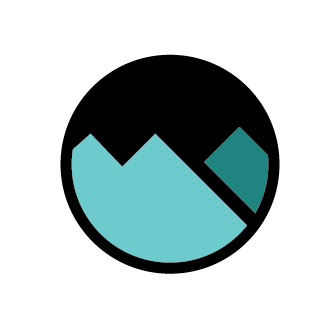How to Cut Back on Caffeine without the Crash
Do you find yourself brewing more coffee as soon as the afternoon hits? Or maybe you notice that as soon as a headache starts, you reach for a soda or energy drink? If so, it may be time to consider cutting back.
Caffeine is generally considered safe, and the U.S. Food and Drug Administration states that healthy adults can safely consume up to 400 milligrams of caffeine per day (about 4-5 cups of coffee). However, caffeine affects everyone differently, and consuming even as little as 300 milligrams a day can increase your risk of side effects such as sleeplessness, anxiety, acid reflux, and nausea. It can also become a crutch to avoid addressing underlying issues, such as stress or lack of sleep.
If you’re considering cutting back on caffeine, check out the tips below:
Start Slow
Cutting caffeine cold turkey can result in withdrawal symptoms such as headaches. This, in turn, may lead you to reach for more caffeine (either in a drink or a painkiller with caffeine in it) to help with the headache. Instead, slowly scale back your caffeine intake to reduce the likelihood of withdrawal symptoms.
Try Less Caffeinated Alternatives
You can start small by getting less caffeine from what you usually drink. If you enjoy coffee, try a lighter roast with less caffeine. If you frequently drink energy drinks, try one with lower caffeine content than your usual.
Drink Decaf
When you’re ready, start substituting some of your beverages with decaf versions. Coffee and soda both have many decaf options.
Find Your Why
Try to understand the reasons you enjoy the caffeinated drinks you’re reaching for. Maybe you crave a warm beverage in the morning – try a hot mug of tea instead. If you like the carbonation of energy drinks or soda, consider swapping them out for sparkling water.
***********************************************************************
Resources:
Cleveland Clinic. (2023, November 10). How To Quit Caffeine Without a Headache. https://health.clevelandclinic.org/how-to-quit-caffeine
La Forge, T. (2020, March 29). 10 Health Benefits of Living Caffeine-Free. Healthline. https://www.healthline.com/health/food-nutrition/quitting-caffeine-benefits#1-Less-anxiety
Reiff Ellis, R. (2023, August 28). What Happens When You Give Up Caffeine. WebMD. https://www.webmd.com/diet/ss/slideshow-what-happens-when-you-give-up-caffeine
Disclaimer:
We want you to be well and to live your best life. The content in this blog is provided for the purposes to educate and entertain you: our very important reader. It is not intended as medical advice or as substitute for medical advice from a trained healthcare professional.
If you have a medical condition or are under the care of a medical provider, please always seek the advice of a qualified medical professional before undertaking a new health care regimen. To that point, never disregard medical advice or delay treatment for a medical condition because of something you read on this site.
Listen to your care providers as they know you and your conditions best. Thank you for reading!
The Team at BSDI

THIS IS GREAT BUT I THOUGHT DARK ROASTS HAD LESS CAFFEINE